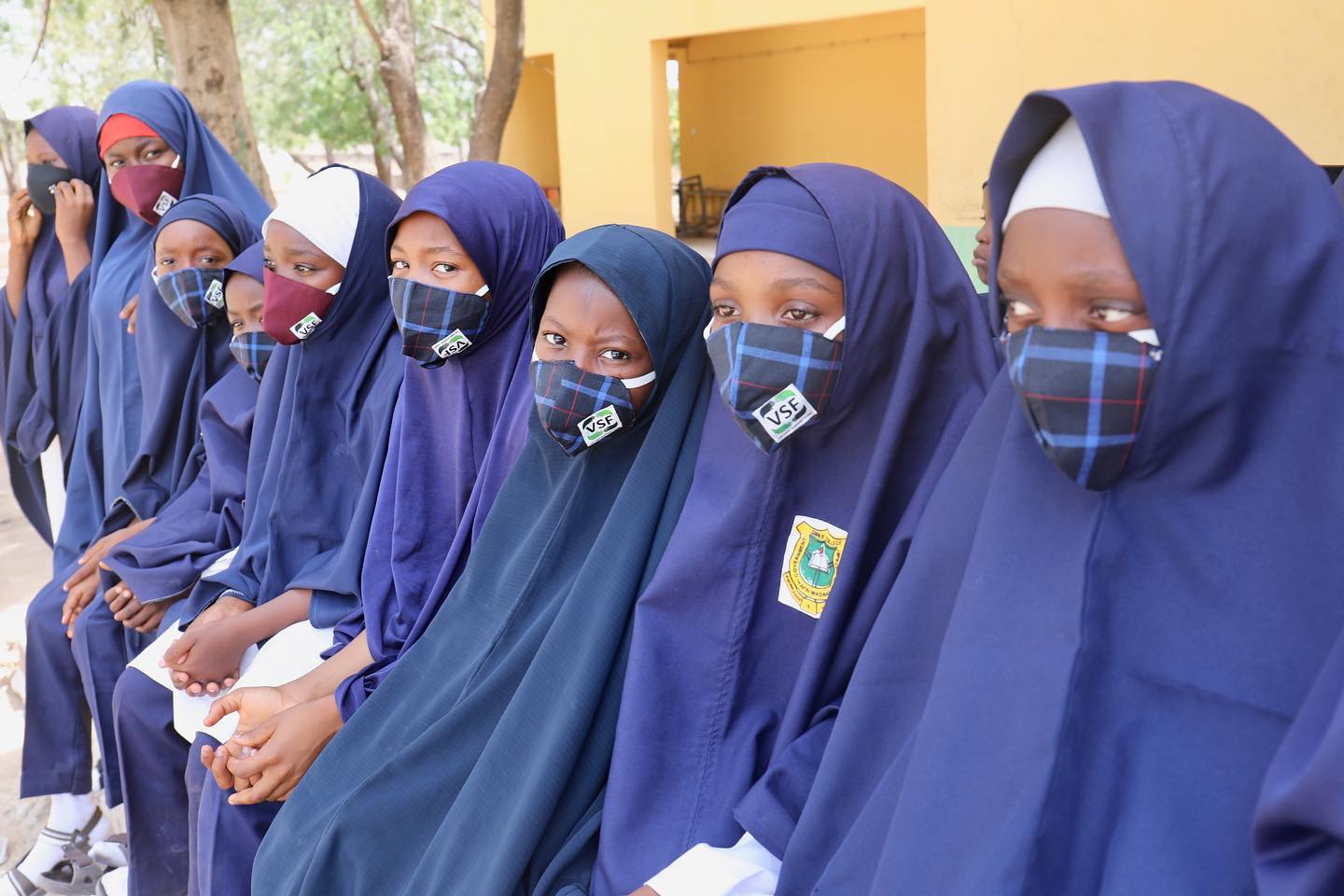The United Nations International Children’s Emergency Fund (UNICEF), has revealed that not less than 1.3 million Nigerian adolescent girls dropped out of schools before completing their Junior Secondary Schools annually.
This is as the federal government, through the National Centre for Women Development (NCWD), maintained that it would focus on improving access to digital literacy skills and adolescent girls’ transition to secondary education in Nigeria.
- Ekiti 2022: I’m back to win – Segun Oni
- PODCAST: How the 2022 Budget Will Benefit Ordinary Nigerians
Speaking in Abuja on Monday during the celebration of the “2021 International Day of the Girl Child”, the deputy country representative of UNICEF, Mrs Rushnan Murzata, noted that adolescent girls are vulnerable to societal dynamics that limit their transition from primary to secondary schools.
Similarly, the Director-General of the Centre, Mrs Vilita Bashir, while speaking on this year’s theme: “Digital Generation, Our Generation” said the challenges girl-child faces every day continues to grow despite efforts of many national and international organisations.
According to the UNICEF official, “Over 1.3 million Nigerian adolescent girls are estimated to drop out every year before reaching the last year of lower secondary education.
“Adolescent girls are particularly vulnerable to societal dynamics that limit their transition from primary to secondary.
“The education systems in Nigeria also have limited capacity to support girls’ access to secondary education.”
Mrs Murzata added that adolescent girls in Nigeria already face many challenges in the economic, social and cultural sphere, saying this year’s theme on digital generation creates awareness of an additional challenge.
She added, “On digital access in low and middle-income countries such as Nigeria, more than 50 per cent of women are offline, and women are 20 per cent less likely than men to own a smartphone.
“Digital inclusion and specifically digital literacy are becoming just as crucial to well-being and success as the ability to read and write.
“The gender digital divide in connectivity, access to devices and the skills to use are real.
“Girls are less privileged in this area. This inequality has created an exclusion gap across geographies and generations.
“We want to use the opportunity of this year’s celebration to ask for improved access to digital skills and other life skills by girls for the transition to secondary education.
“Let’s make girls their own advocates for girls’ education and digital literacy.”
Daily Trust reports that the Minister of Women Affairs, Pauline Tallen, allowed the girl chosen as the acting minister, Miss Nana Firdausi Bashir, to pilot the affairs of the ministry for one day.

 Join Daily Trust WhatsApp Community For Quick Access To News and Happenings Around You.
Join Daily Trust WhatsApp Community For Quick Access To News and Happenings Around You.


